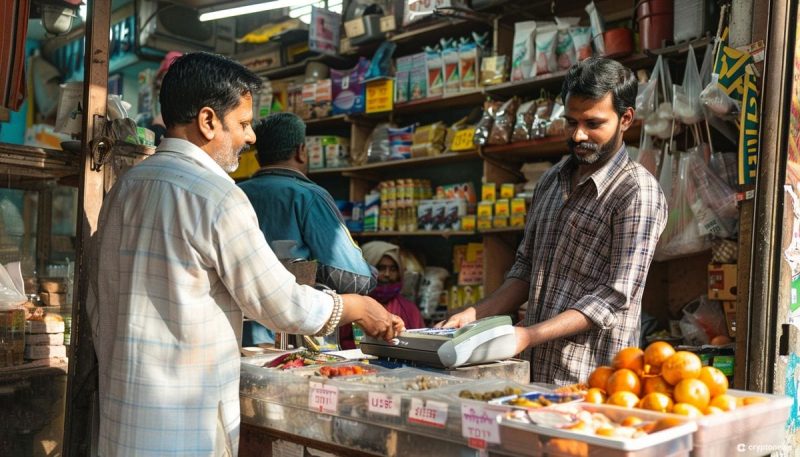The Reserve Bank of India (RBI) is working to expand the use of its Central Bank Digital Currency (CBDC) by actively developing an offline transfer capability.
At the BIS Innovation Summit 2024, RBI Governor Shaktikanta Das highlighted an increase in retail transactions using India’s digital rupee (CBDC), The Economic Times reported Monday.
However, he acknowledged the need for further initiatives to match the widespread adoption of unified payments interface (UPI).
“We have leveraged the existing merchant infrastructure on the UPI to facilitate CBDC transactions,” Das said. “While the number of transactions have reached a high of 1 million a day, we still see preference for UPI among the retail users. We of course hope that this will change going forward.”
Connecting UPI with CBDC for Retail Use
An offline mode for CBDCs would let people make transactions even without internet access, mimicking a key advantage of cash. The governor also reaffirmed that CBDC will offer anonymity similar to cash.
“Anonymity can be addressed through legislation and/or through technology. For example, through permanent deletion of transactions. That could be one method. The basic principle is that CBDC can have the same degree of anonymity as cash. No more and no less,” he said.
Das also reassured the public that India’s digital rupee was designed to not offer interest, unlike traditional bank deposits. This, he explained, safeguards banks’ business models.
“This feature should mitigate any potential risk of bank disintermediation,” he said.
He also said that the RBI is working on connecting fast-payment systems like UPI with the upcoming CBDC, respond to calls from retail users.
One step the bank is taking is allowing a single QR code to work for both UPI and CBDC payments, streamlining the acceptance process for businesses.
Digital Rupee Gains Traction in India
India is one of the few frontrunners in experimenting with a CBDC, while developed nations take a more cautious approach.
The country has been widening the use of its digital currency, the e-Rupee, through a pilot program launched in Dec. 2022. Over 1.3m customers and 300,000 merchants have participated so far.
By March 2023, over 16 crore rupees ($1.2m) were circulated. However, the majority (65%) is currently used in the wholesale segment, with retail adoption at 35%.
India’s RBI is among the vast majority (98%) of central banks worldwide actively exploring CBDCs through research, pilot programs, or implementation. Their goal is to improve the functionality and accessibility of central bank money.
The post India’s Central Bank Working To Boost Retail CBDC Volume Through Offline Capability appeared first on Cryptonews.






